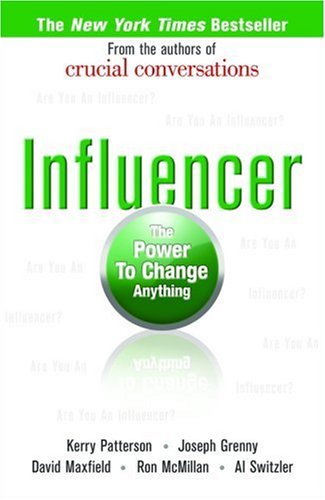David wrote up a great review about this book and it sounds like another good one for the holidays. You can find the book in the Jundi Gear store, or where ever. I have not read the book, but David’s review definitely grabbed my attention. Any book that challenges the ideas of how society views contractors in today’s war is alright by me.
I also agree with David and the author about Peter Singer’s book Corporate Warriors. The book was lacking, and not quite the authoritative work that everyone makes that book out to be. But like David said, the industry is somewhat deficient in this area, and there are only a few authors out there really exploring the ideas. We are getting there though.
The last part of this review was excellent as well.
And for those in the industry who bemoan negative coverage, Carafano has a simple point to make: Get used to it. He writes, “Expecting the public media to grapple with the serious and complex issue of the private sector in public wars is unrealistic.”
We should make every effort to educate, enlighten, and impress upon the media and public about what our value is, and that we are not a threat to the state. And the war of ideas continues…..-Matt
——————————————————————
Dogs of War: It’s all Eisenhower’s fault
By DAVID ISENBERG
December 19, 2008
WASHINGTON, Dec. 19 (UPI) — Coming up on nearly six years of contractor presence in Iraq and more than seven in Afghanistan, it seems reasonable to ask how contractors are faring in the book world.
Better than before, if a new book, “Private Sector, Public Wars: Contractors in Combat — Afghanistan, Iraq, and Future Conflicts” by James Carafano, senior fellow at the Heritage Foundation in Washington, is any indication. He finds that contractors “make sense — they have been used for centuries and their roles on the battlefield will only expand.”
While a book extolling the use of private contractors by someone working at the Heritage Foundation, a conservative public policy institute that champions policies based on the principles of free enterprise and limited government, is hardly a surprise, it would be a mistake to dismiss it. In fact, especially compared with some of the other books that have come out in the past year or two, this is an outstanding book.
Be warned, however — reading this book is at times like traveling on a historical roller coaster. One takes giant, albeit enjoyable, swoops from 16th century Niccolo Machiavelli to Dwight Eisenhower, to Vietnam to globalization and Wall Street to Hollywood. This is a lot to cover, but, as befits someone who has written extensively on military history, he ties it all together nicely.
(more…)

